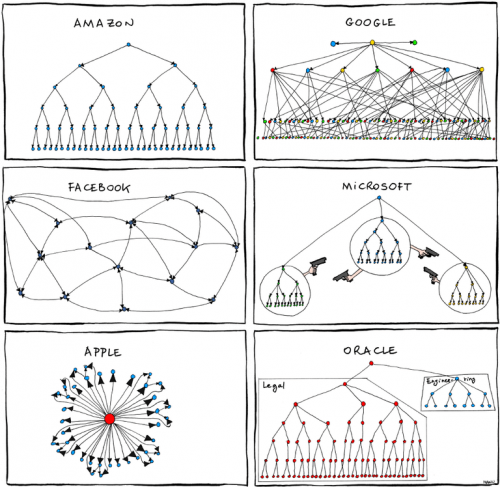CNA shares some interesting news:
A proposal promoting startups visa, aiming to attract entrepreneurs from non-EU countries will be submitted to the next meeting of the Council of Ministers for approval, Cyprus President Nicos Anastasiades has said.
Addressing a graduation ceremony of IDEA, a starup programme co-founded by Bank of Cyprus and CIIM, the President also announced that a proposal from the legal framework for university spinoffs, liking academic research with entrepreneurship will be tabled within the next three months.
“We believe that the Cypriot startup visa will be one of the most competitive and will bring multiple benefits in the medium-term both as regards new jobs as well as promoting innovation and research and the boosting the competitiveness of our economy,” the President said.
Of course, knowing how long things take in this country (especially if the government is involved) and how twisted they get by the implementation time, one shouldn’t hold one’s breath. But there’s hope, if nothing else…
